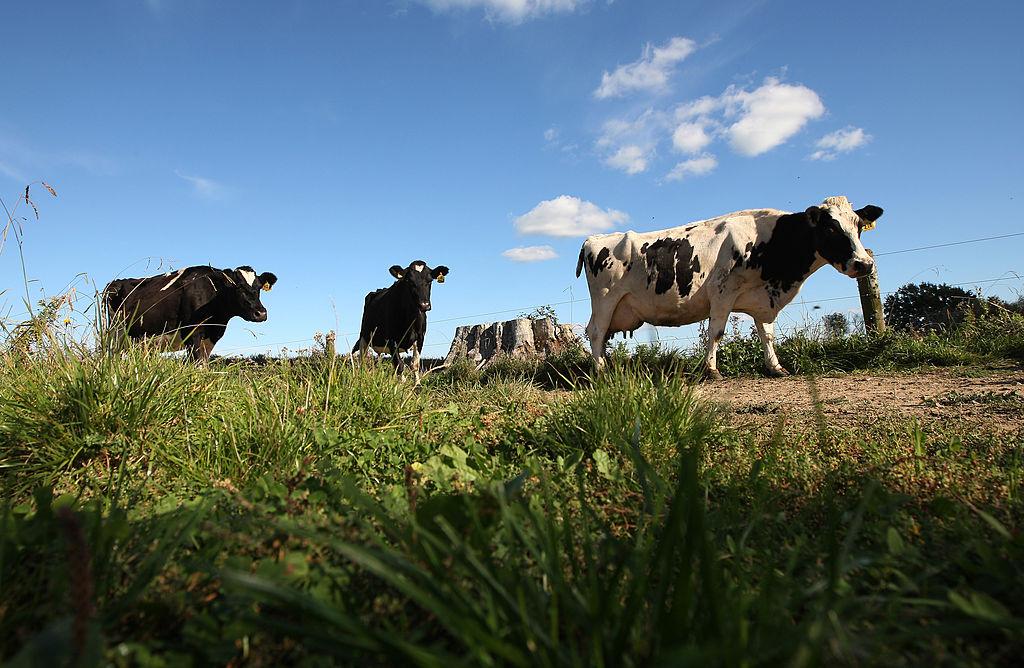The New Zealand government has attracted the ire of the country’s farmers after it announced a proposal to impose taxes on greenhouse gasses that farm animals emit as part of burping and urinating.
New Zealand—home to around five million people—has about 10 million dairy and beef cattle as well as 26 million sheep. Roughly half of New Zealand’s greenhouse gas emissions are estimated to come from farm animals. According to the government plan, farmers will start paying for emissions beginning in 2025. The collected funds will be invested back into the industry for research and incentives for farmers.





